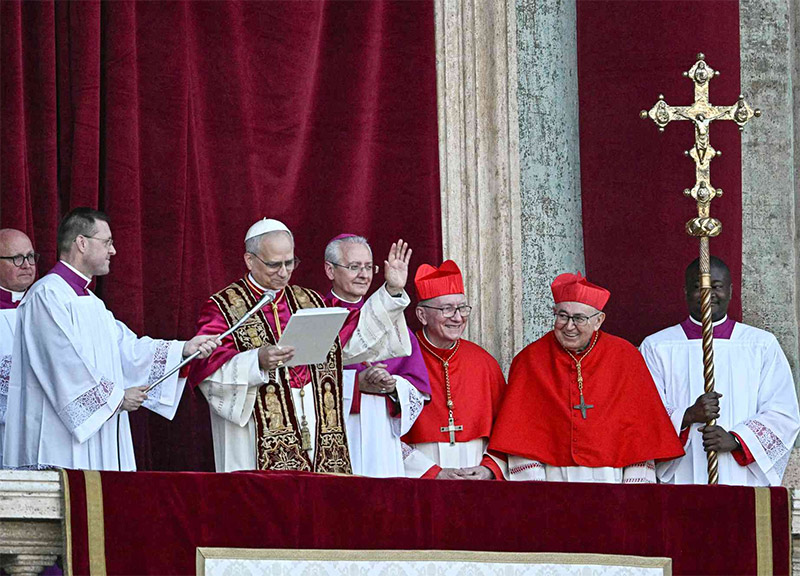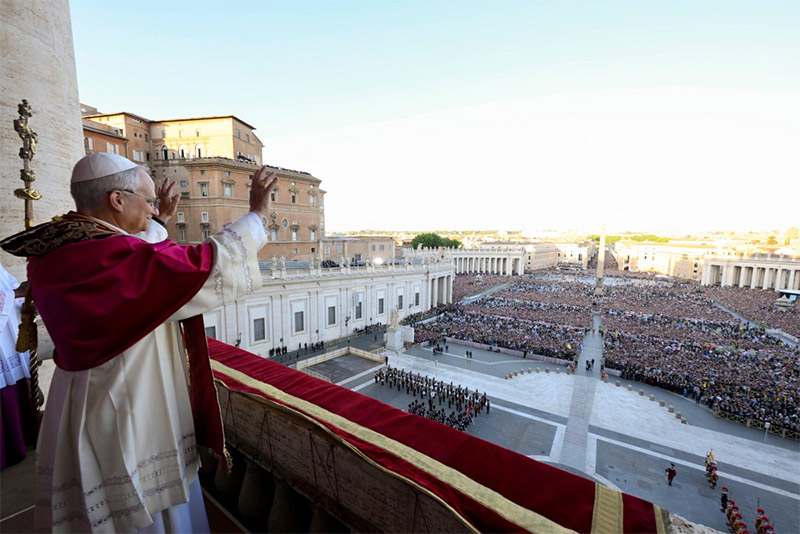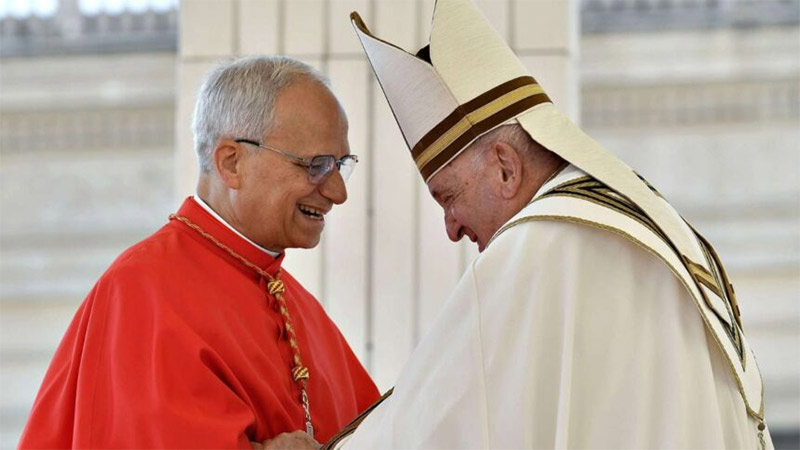Trending
Pope Leo XIV Robert Francis Prevost 2025: Hope for Renewal of the Catholic Church
At a time when the Catholic Church is facing many challenges and opportunities, the emergence of Pope Leo XIV – Robert Francis Prevost, an American Augustinian monk, was elected the 267th Pope of the Church, bringing with it many expectations, as this is the first time an American has assumed the supreme leadership role of the Church.
Biography and Journey from Monk to Pope
Robert Francis Prevost was born on September 14, 1955, in Chicago, United States. He joined the Augustinian Order in 1977, studied in the United States and Rome, and was ordained a priest in 1982. He served as a missionary in Peru for over a decade and later became Bishop of Chiclayo. During that time, he also held several important leadership roles within the Augustinian Order, including Master General of the Order, before becoming Pope in 2025.

Related events
The 2025 Conclave took place in a solemn atmosphere of prayer. After several days of discussion, the cardinals elected Cardinal Prevost as Pope. The coronation of Pope Leo XIV was held in St. Peter’s Square, attracting millions of believers from around the world. The event received widespread attention from the media and world leaders.
The role and influence of pastoral thinking:
Pope Leo XIV was the first pope from the Augustinian order, a religious order that emphasized interiority and communal unity. A man with extensive pastoral experience and a multicultural background, he brought much hope to the Catholic Church. He repeatedly affirmed the role of the Church as a “field hospital” for all wounded souls, regardless of origin, faith, or circumstances. The name Leo XIV is said to represent the desire to continue the tradition of previous Leos, who have made important contributions to the Church and the world.

Social views:
He took clear positions on many issues: opposing abortion, euthanasia, and the death penalty; and actively defending migrants and refugees. In a polarized world, Pope Leo XIV called for an end to divisive actions and condemned war, especially in Gaza, where he urgently called for a humanitarian ceasefire.
Aside from the traditional view that the role of the priest is reserved for men, he openly discussed the role of women in the Church, including the possibility of ordination as deacons.
Lead with heart and spirit
Pope Leo XIV’s reception by both conservatives and progressive modernists was a positive sign. He was seen as a good listener and communicator, with a simple, approachable lifestyle that reflected his vision of developing a church concerned with justice and the voice of the poor.
Global impact and internal reform
Internationally, Pope Leo XIV has pledged to continue his work to protect the environment and to encourage action against climate change. He has also emphasized the importance of indigenous cultures and encouraged the recognition of local traditions in the life of faith.
Within the Church, he has pushed for financial reform of the Vatican, decisively addressed scandals, and strengthened priestly formation with a focus on compassion and the ability to accompany.

Conclusion
The election of Pope Leo XIV marks a new chapter in the history of the Catholic Church. Pope Leo XIV is a harmonious combination of a leader with rich pastoral experience, spiritual depth, and a spirit of reform. He comes from an ancient religious order but always has a modern mindset, capable of leading the Church through a period of turmoil towards a more united and compassionate future. In St. Peter’s Square, the new Pope, Robert Francis Prevost, stressed:
“I did not come to change the Church, but to help the Church listen and accompany today’s world with the heart of Christ.”



